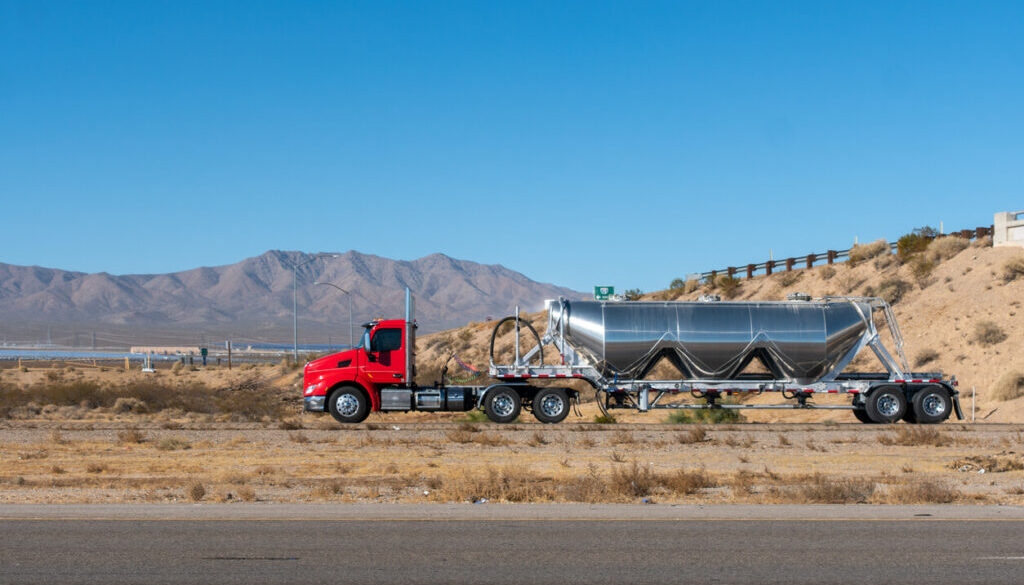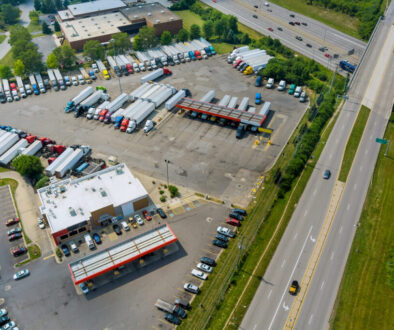The Cost of a VMT Tax
Currently, fuel taxes of 18.4 cents per gallon of gasoline and 24.4 cents of diesel fuel have been used for the Highway Trust Fund. These numbers, unchanged since 1993, are not enough for the infrastructure needs of the country. The American Civil Society of Engineers says there is a backlog of $661 billion in road repair to be done, and the number only increases each year as the government spends less than the annual wear and tear done to the roads.
The basis for the fuel tax is sound: driving more uses more fuel, which means the user pays more for utilizing more road. Some suggest a similar program called the vehicle miles traveled (VMT) tax, but that may cost too much money to be an ideal investment.
Methodology
The American Transport Research Institute (ATRI) conducted an analysis of a VMT tax in 2020. Simply put, they find any method of implementing the program to be impractical.
To start, simply putting down miles on an odometer come tax time is prone to “evasion and noncompliance”, so the ATRI says the best possible current method is to have each vehicle have an electronic device that transmits miles traveled. Implementing such a program would require retrofitting approximately 272 million vehicles, with some drivers having vehicles that are simply too archaic to even have the technology installed.
ATRI says the administrative costs of this system would be too much; it estimates that for every dollar collected, 40 cents would be spent in having people analyze the numbers and collect the money. ATRI says this is 300 times more than the fuel tax system, where collection costs for each dollar are a fraction of a penny.
In short, the ATRI says that a VMT tax would not only make more work for citizens, but would also cost $4.3 billion annually to run. Saving that much money and pumping it back into infrastructure would help pay the backlog much more efficiently.
Conclusion
In a previous article, we suggested a tax added to vehicular maintenance, with the same philosophy as the fuel tax that vehicles driven more would likely need more repair. While the ATRI did not give this any thought, their conclusion of collection costs and inefficiencies for the VMT tax would most likely be the same for maintenance taxes.
It appears the best solution is to bite the bullet and raise fuel taxes. If the 77% jump for inflation from 1993 to today is too bitter of a pill to swallow, the federal government can slowly catch up to inflation by adding more than the rate of inflation until it is caught up.
Things get messy when factoring in alternative fuel vehicles, especially electric cars. Having these vehicles charged at public stations can allow a similar fuel tax, such as 1 cent per kilowatt-hour, and follow the same basic premise and minimal costs of collection as the fuel tax does.
Need Funding?
Because of our specialized approach and primary focus on the commercial trucking industry, we can provide you with the capital needed for your commercial trucks or trailer regardless of your credit score.
If you’re interested in learning more about Go Capital’s commercial truck funding process and requirements, please call (855) 396-3600 or click the “Get Started” button below and a funding specialist will contact you ASAP!
Unfortunately at this time we are not funding startups.
Used semi-trucks and trailers (No mileage restrictions)
Fund up to $25k
Low down payments
1+ year time in business
500+ FICO score
Additional credit requirements apply





